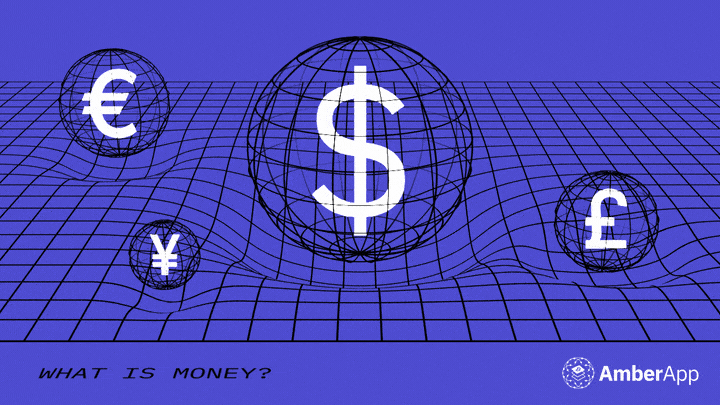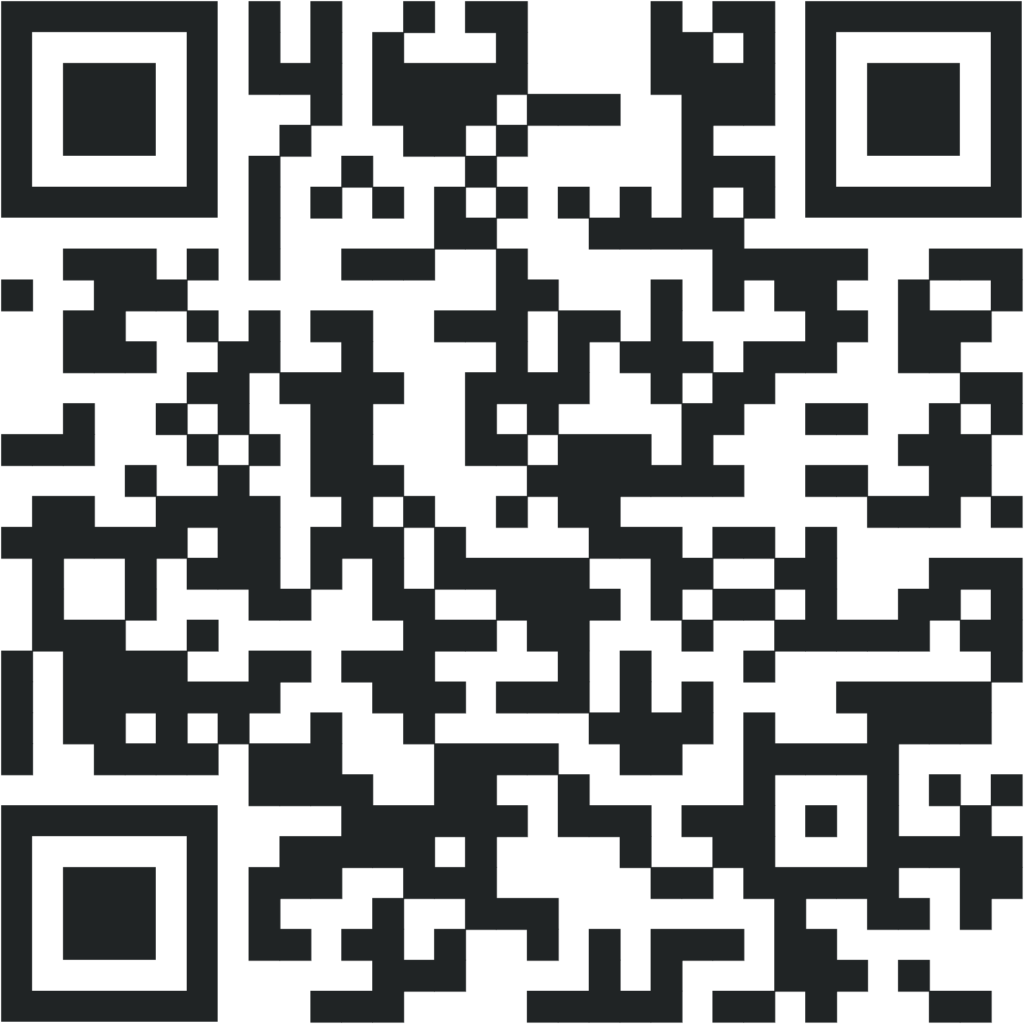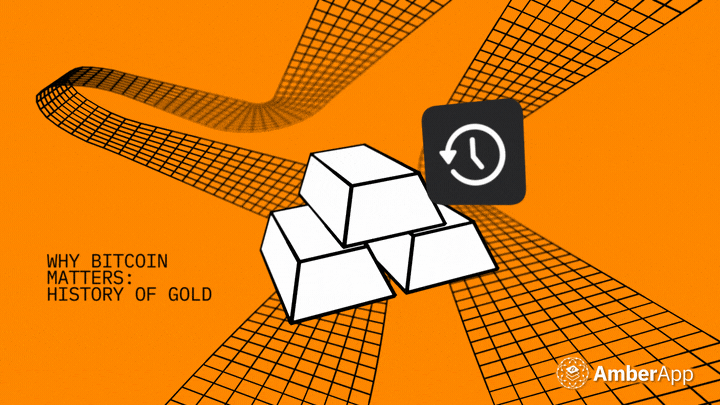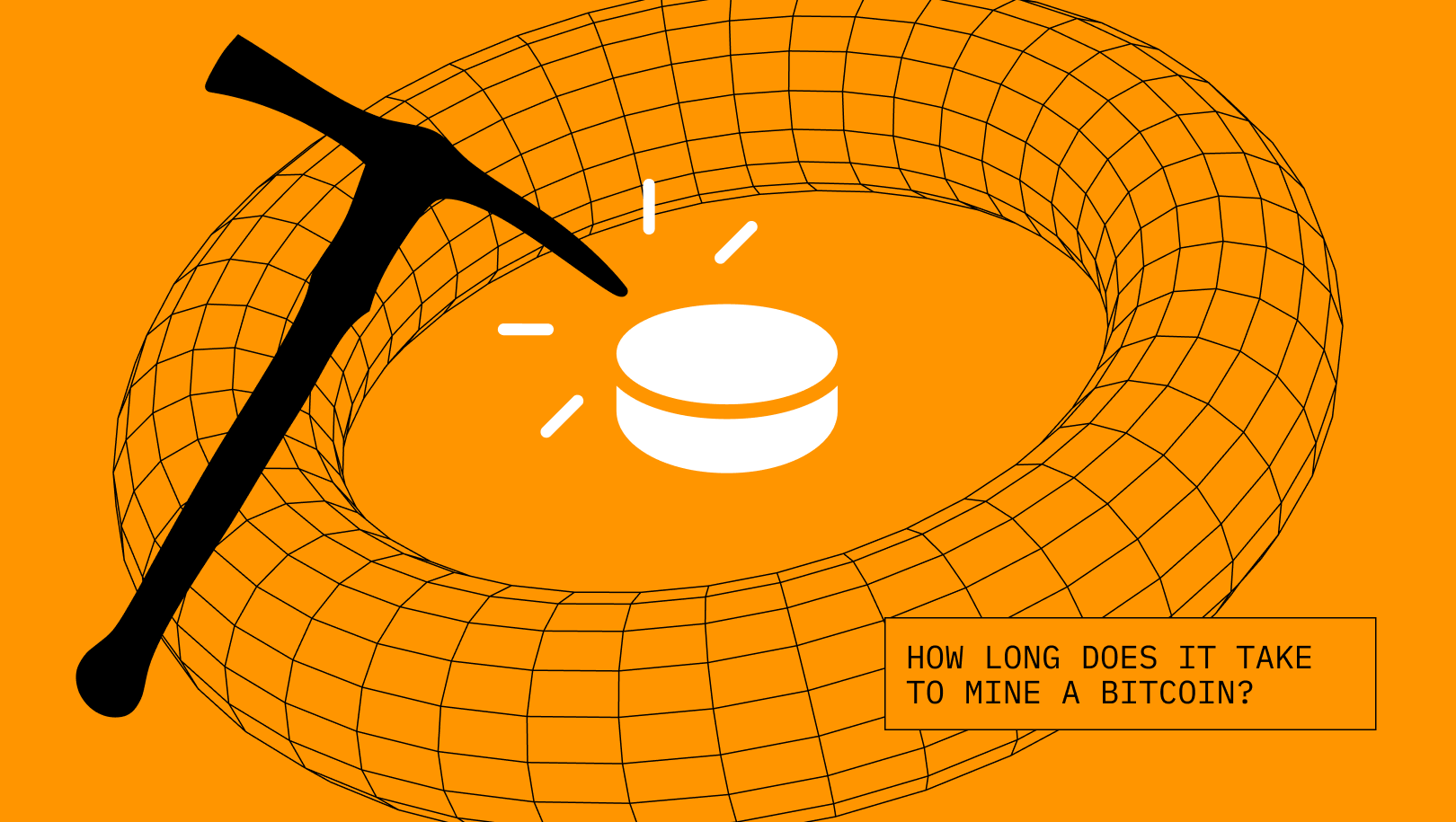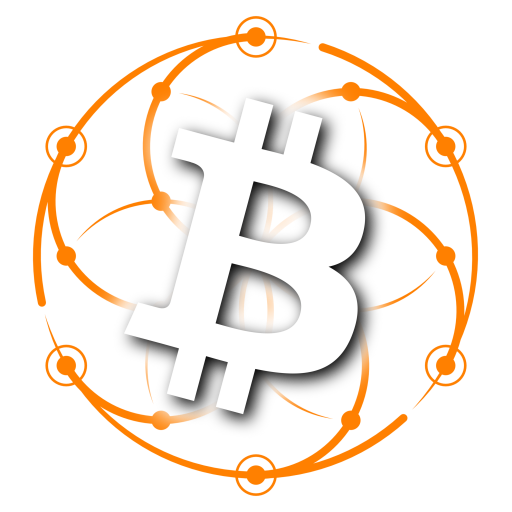Money is Fundamental
Money is a fundamental social institution that emerges spontaneously in the free market to facilitate economic transactions and act as a medium of exchange. From an Austrian economics perspective, money evolves naturally through the voluntary interactions of individuals seeking to improve trade efficiency. It begins as a commodity with specific characteristics, such as durability, divisibility, and recognizability, gaining wider acceptance and becoming money through the network effect. Its value is determined subjectively by individuals in the market, free from central authority intervention.
Prominent Austrian economist, Ludwig von Mises writes that money is a vital social institution originating from free human action, not government decree. It serves as a universally accepted intermediary in trade, overcoming the limitations of direct barter. Possessing attributes like durability and scarcity, money’s value emerges from individuals’ preferences and choices in the market. Sound money is essential for economic coordination, savings, and sustainable growth, making government interventions like inflationary practices detrimental
Murray Rothbard further elaborates that money is a natural product of human interaction, facilitating exchange and enabling economic activity. Its characteristics, such as divisibility and scarcity, ensure its effectiveness as a medium of exchange. The value of money is subjective, determined by supply and demand in the marketplace. Rothbard emphasizes that government intervention in the monetary system disrupts economic coordination and advocates for a free-market system with sound money.
🚨 False Balance Alert🚨
For the lols… Let’s briefly turn our attention to modern monetary theory (MMT). From Stephanie Kelton‘s MMT perspective, money is a government-issued fiat currency backed by the state’s authority and ability to enforce tax liabilities. It is not limited by any commodity but created through government spending and taxation. The value of the currency derives from trust and confidence in the issuing authority. Understanding money’s role in the economy is crucial for designing responsible fiscal and monetary policies to support growth and stability. Learn more about Kelton’s idiotic understanding of money here. Also, read The Mandibles to learn about the tenuous relationship between money and trust.
Conclusion
In summary, money is a spontaneously evolved social institution arising from voluntary interactions in the market. It acts as a medium of exchange, facilitating trade and economic activity. Its value is subjective, influenced by market preferences. Sound money is essential for economic stability, emphasising the importance of responsible monetary policies in the free market.
Learn More
Why does money matter? Click the link to find out!

